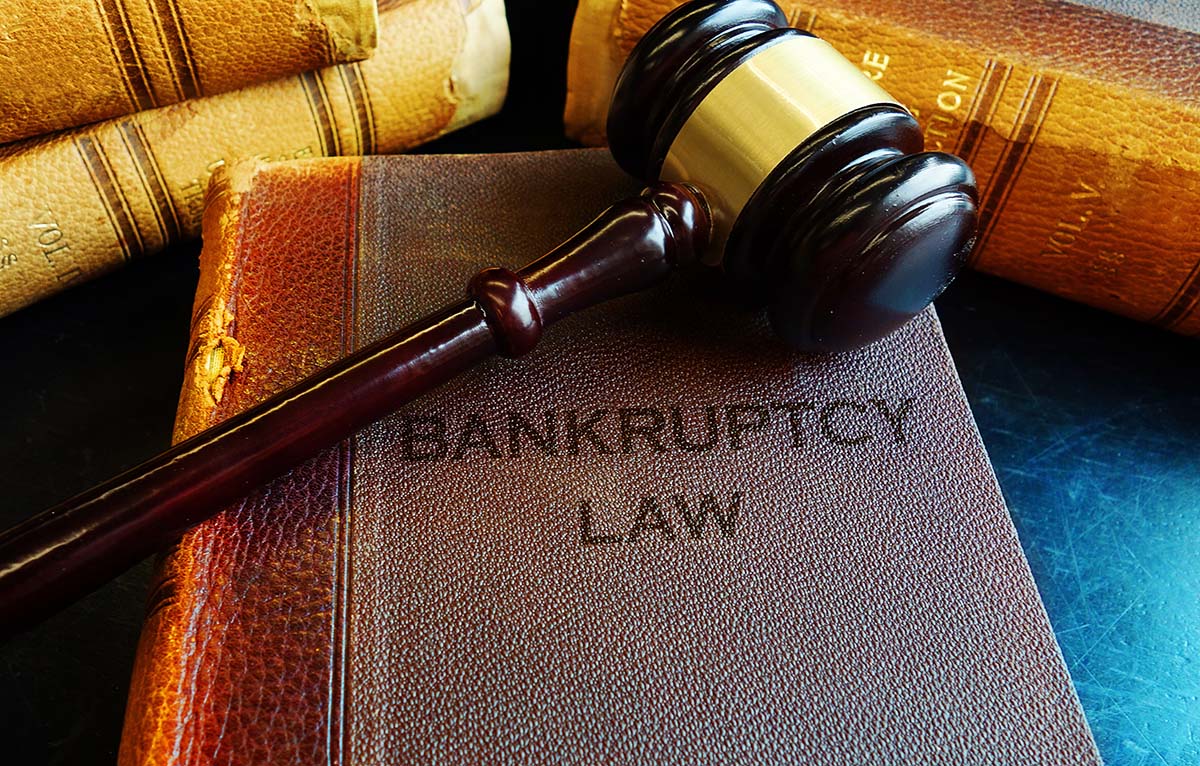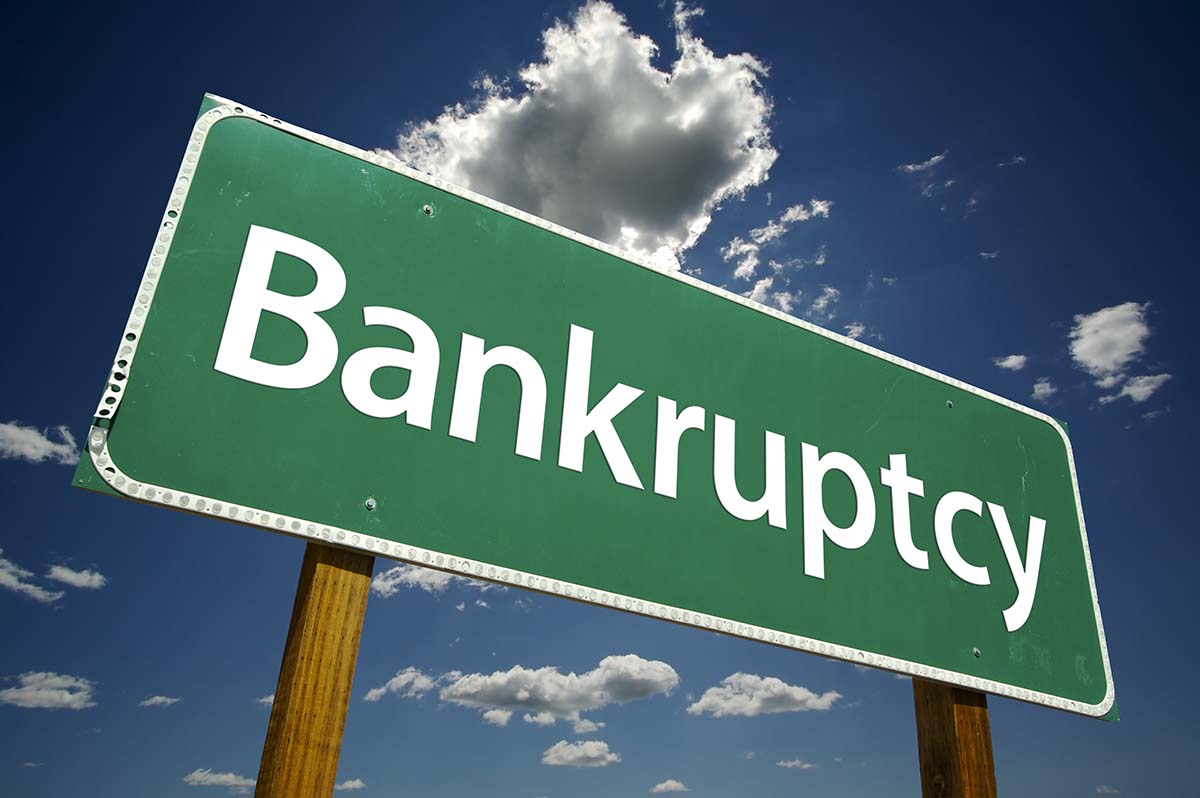Transferring Property Prior to Arizona Bankruptcy: Is This a Good Idea?
When filing for bankruptcy, you may have to surrender certain assets and valuables. As a result, youa��re probably considering the transfer or a�?salea�? of such items to someone you know. Eventually, you will regain possession after the bankruptcy. Is suchA�transferring property prior to Arizona bankruptcyA�a good idea, or can it potentially get you in trouble?
Transferring Property prior to Arizona Bankruptcy can Lead to Problems
Transferring property and assets to someone before you file for bankruptcy can lead to serious issues for both parties involved.
Whenever a person transfers property in the two years before filing for bankruptcy for the purpose of defrauding creditors or keeping the item (after selling it at a very low price), the transaction is going to be considered unlawful.
The bankruptcy trustee will carry out a thorough review and an investigation upon necessity. The trustee also has the right to contact the individual that property or assets have been transferred to for the purpose of getting those back.
If a person refused to make the transfer, the trustee will file an action and still collect the assets via a lawsuit. Whenever a serious violation has been committed, the trustee could even go as far as filing for the non-dischargeability of the debtor.
In essence, you could be making your situation a whole lot worse by attempting to protect a diamond wedding ring or an automobile that doesna��t qualify as an exception.
Understand the Difference between Exempt and Non-Exempt Property
When the trustee is assessing pre-bankruptcy transfer, they will have to look at a few key factors. These include:
- Whether the asset/property is exempt or non-exempt from the bankruptcy discharge
- Whether fair market value has been received
- The manner in which the debtor spent the money
- The amount of time that has passed since the transfer
- The reason for making the transfer
Usually, the transfer of exempt property is not going to raise a red flag. Exempt property is items and assets that are protected and cannot be taken away by creditors. Whenever filing for a bankruptcy, a person is allowed to keep these items and do with them as they please.
Non-exempt property is the one that is to be used for paying off debt. In a Chapter 7 bankruptcy, the trustee will be responsible for determining how the non-exempt property is going to be used and whether it will be sold for the purpose of paying unsecured debt.
Anyone can sell exempt property as long as a fair price is announced and paid.
Other Special Rules and Considerations
 Debtors in Arizona are discouraged from engaging in the so-called pre-bankruptcy planning. IfA�transferring property prior to Arizona bankruptcy is unavoidable,A�legal counsel should be availed to ensure that wrong steps are not taken.
Debtors in Arizona are discouraged from engaging in the so-called pre-bankruptcy planning. IfA�transferring property prior to Arizona bankruptcy is unavoidable,A�legal counsel should be availed to ensure that wrong steps are not taken.
Pre-bankruptcy planning refers to selling non-exempt property for the purpose of enhancing exemptions once the bankruptcy is filed. Such transfers could be completed for the purpose of defrauding creditors, which is why Arizona courts discourage pre-bankruptcy planning on behalf of debtors.
How far back the court is going to look will depend on the types of property involved in pre-bankruptcy planning. In some instances, Arizona courts have been known to analyze transactions going back as far as 10 years.
Under certain circumstances, a court could reduce the homestead exemption that residential property owners are entitled to.
Such an exemption will be triggered whenever you sell non-exempt property in the 1,215 days prior to the bankruptcy for the purpose of increasing the value of your residential property (adding a garage or a swimming pool, selling the current house to buy a more expensive one, etc.). If the court rules out that such a sale has taken place, the homestead exemption will be reduced by the value of the enhancement itself.
The homestead exemption reduction will not be triggered for regular property maintenance that youa��ve done over the years. The same applies to using the funds generated from a non-exempt asset sale for regular mortgage payments.




